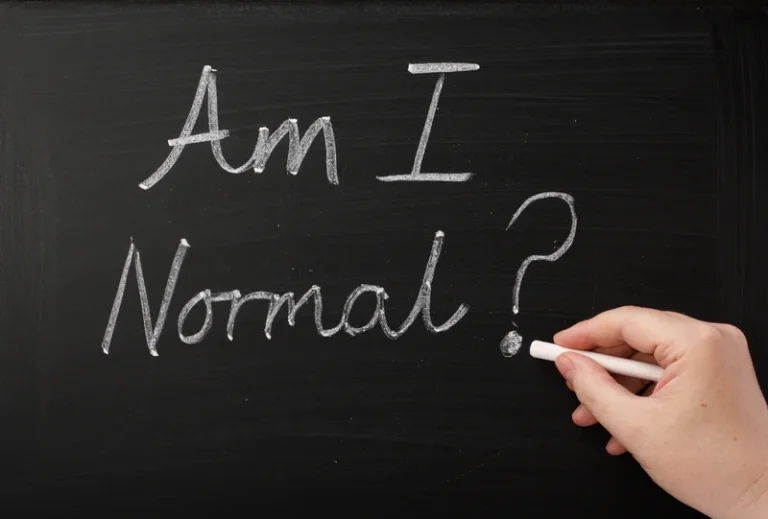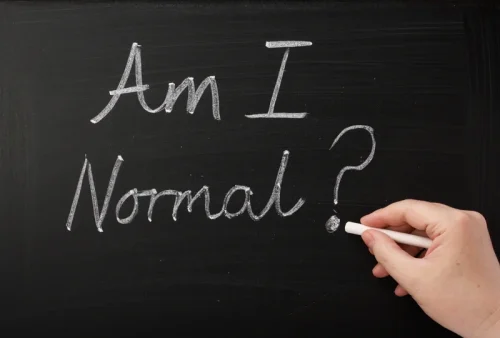
This is where your friends and family members back away or suggest you slow down. If you’ve ever been around a young child who’s overly tired and cranky, you know the consequences of saying “Honey, you’re feeling cranky now because you’re tired,” right? The drug addiction treatment unfortunate person who suggests that you slow down or leave the situation will probably get the drunken adult version in response. This is the mean drunk.If you continue drinking more, your belligerence may shift into the lachrymose stage, which means tearful or mournful. You may be thinking of all your regrets, all the people you’ve hurt, and may take a deep dive into remorse, self-pity, and/or self-hatred. Or you begin crying and telling people how much you love them.
Alcohol Intoxication: Side Effects, Symptoms, & Treatment
- The table below shows common symptoms at each level of alcohol intoxication.
- Here’s what you should know about BAC and the stages of alcohol intoxication.
- It can also involve the use of breath or blood tests to measure alcohol levels in the body.
- The person is more confident, friendly, impulsive, and has a shorter attention span.
- This significantly increases your risk of a motor vehicle crash.
- Knowing the 5 Stages of Intoxication can help alcohol servers and bartenders count drinks and effectively observe customer behavior.
You may be helping them avoid any permanent damage by doing so. In terms of amount, it doesn’t take much to begin feeling the effects of intoxication. Our body breaks ethanol down at a rate in which stage of intoxication does an individual become aggressive or withdrawn and sleepy of around 15 mg/dL per hour.
Stage 0: Sobriety/Minimal Intoxication
- Although different resources will vary, most will tell us that there are six to seven stages of intoxication experienced by most people.
- At Moving Mountains Recovery, our specialists provide high-quality, holistic treatment programs that allow people to live a healthy, sober lifestyle.
Men are 2 to 4 times more likely than women to develop alcohol use disorder. A person at this stage will exhibit symptoms of intoxication that will be glaringly obvious to others. If the negative consequences of drinking are affecting your life, there is hope and help available. If you find yourself stuck in a pattern of binge drinking or recreational drug abuse, the earlier you seek effective treatment for recovery, the better. For some people, drinking two drinks in the span of an hour can put their BAC over the legal limit.
How Long Does Alcohol Stay in Your System?

They are best for people who have a high motivation to recover and cannot leave their responsibilities at home, work, or https://ecosoberhouse.com/ school. Outpatient programs are often part of aftercare programs once you complete an inpatient or PHP program. For outpatient treatment to be effective, the person needs to have a stable home situation that is supportive of recovery. Also known as drunkenness, alcohol intoxication is the negative behavior and physical effects caused by drinking alcohol. As people drink more, they begin to have more pronounced impairment in their balance, coordination, speech, and attention. Their memory may also start to become hazy as they drink more.


This decision, coupled with a decrease in motor function, coordination, and reaction time, leads to many car crashes. Around 30 people per day die from drunk-driving accidents in the United States. Recovering Champions offers 100% confidential substance abuse assessment and treatment placement tailored to your individual needs. Men tend to reach this range after having 3 to 5 drinks in one hour, while women tend to reach it after having 2 to 4 drinks in one hour.
Morose and lachrymose are essentially the same.Keep going long enough, and you may eventually pass out. You may not lapse into a coma, but in this “formula,” you may be in what we'd jokingly refer to as the comatose stage, otherwise known as adios. If you’re behind the wheel of a car when in this stage, the comatose and/or adios description may be literal, rather than just figurative. Partial hospitalization programs (PHPs) provide similar services to inpatient programs. Services include medical care, behavioral therapy, and support groups, along with other customized therapies. These programs typically last 30, 60, or 90 days, sometimes longer.

- As people drink more, they begin to have more pronounced impairment in their balance, coordination, speech, and attention.
- It can also damage the lining (myelin sheath) of nerves in the brain, resulting in a rare disorder called Marchiafava-Bignami disease.
- By U.S. standards, a standard drink is 12 ounces of 5% alcohol by volume (ABV) beer, 1 ounce of 40% ABV spirits, or 5 ounces of 12% ABV wine.
- During the excitement stage, you may begin to experience an increasing loss of judgment, emotional instability, and a delay in reaction time.
There are different stages of intoxication you should be aware of. Behavioral Signs In the Euphoria Stage, a person may show lowered inhibitions and become more chatty and self-confident. Signs of impaired judgement can include becoming more careless with money, making irrational statements and showing difficulty in coordinating precise movements. At this stage, there are typically no noticeable signs of intoxication.
What are the Different Stages of Alcohol Intoxication?

The medical community has linked alcohol with numerous types of cancer, such as cancers of the mouth, larynx, and esophagus. Maladaptive reasons for drinking, such as drinking as a coping mechanism (e18), and the assumption that aggression is an acceptable form of social interaction (e19), also play a major role. A doctor diagnoses alcohol intoxication with a blood alcohol check. A person’s intoxication level is measured by their blood alcohol concentration (BAC). Scaling these risky BAC thresholds is not as difficult as some might think.


